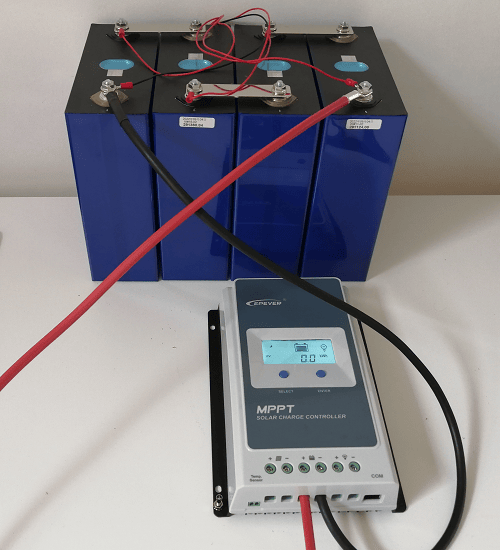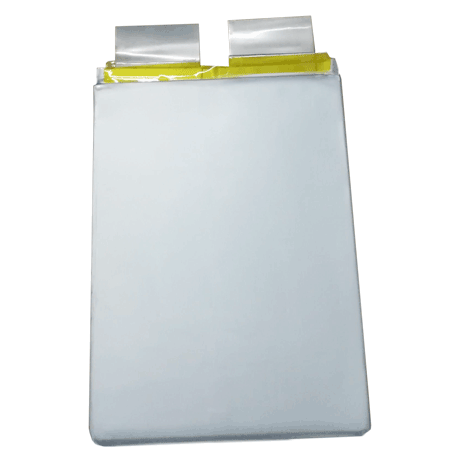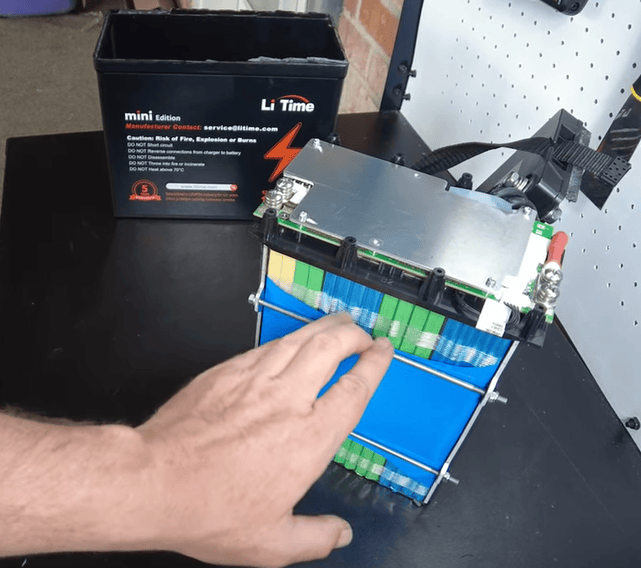Prismatic and pouch cells represent two distinct types of lithium-ion battery cells utilized in various applications. Each type exhibits unique advantages and disadvantages, which shall be explored through a comparative analysis.
Prismatic Cells

- Structure: Prismatic cells exhibit a rigid, rectangular configuration, typically encapsulated within an aluminum or steel housing. This design facilitates efficient spatial utilization and simplified stacking within battery packs.
- Mechanical Stability: The inflexible casing of prismatic cells imparts superior mechanical stability and protection against external forces or impacts. Consequently, these cells may be more appropriate for applications involving exposure to harsh conditions or physical stress.
- Thermal Management: Prismatic cells generally demonstrate enhanced thermal management capabilities owing to their design and casing. The metallic housing aids heat dissipation, mitigating the risk of overheating. (read: is lifepo4 safe?)
- Size and Weight: Prismatic cells exhibit larger dimensions and increased mass than pouch cells of equivalent capacity. This characteristic may prove disadvantageous in applications where weight and size are critical considerations.
- Cost: Producing prismatic cells typically incurs higher cost due to the rigid casing and assembly process, potentially leading to elevated pricing.
Pouch Cells

- Structure: Pouch cells, alternatively called “soft pack” cells, possess a flexible, flat, and lightweight configuration. These cells are enveloped in a laminated aluminum or polymer film, conferring a degree of pliability.
- Mechanical Stability: The flexible nature of pouch cells renders them more vulnerable to damage resulting from external forces or impacts. This factor may be of concern in applications subject to harsh conditions or physical stress.
- Thermal Management: Pouch cells generally exhibit inferior thermal management compared to prismatic cells, as the polymer film does not dissipate heat as effectively as a metallic casing. This disparity could elevate the risk of overheating or thermal runaway under specific circumstances.
- Size and Weight: Pouch cells typically possess smaller dimensions and reduced mass relative to prismatic cells, rendering them suitable for applications where weight and size are paramount, such as portable electronics or electric vehicles.
- Cost: The manufacturing process for pouch cells can be more cost-effective, as it does not necessitate a rigid casing or intricate assembly process. This factor may result in lower pricing for pouch cells than prismatic cells.

Cycle life
Pouch cells generally have a shorter cycle life than prismatic cells due to their flexible packaging, which may be more susceptible to swelling and mechanical stress during cycling. However, materials and design advancements have improved pouch cell cycle life in recent years. Pouch cell cycle life can range from 500 to 2,000 cycles, depending on the specific cell type and usage conditions.
On the other hand, Prismatic cells have a more rigid structure, which can help maintain the integrity of the cell during cycling. This results in a generally longer cycle life compared to pouch cells. Prismatic cells can have a cycle life ranging from 1,000 to over 5,000 cycles, with some high-quality cells offering even higher cycle life under ideal conditions. That’s why I recommend having a battery with prismatic cells over pouch cells. Read it in my best lithium battery review.
Conclusion
In summary, prismatic cells offer enhanced mechanical stability and thermal management, whereas pouch cells provide size, weight, and cost advantages. The selection between prismatic and pouch cells depends on the specific application and requirements, including size constraints, thermal management needs, and budgetary considerations.
[custom-related-posts title=”Related Posts” none_text=”None found” order_by=”title” order=”ASC”]
I’m an off-grid enthusiast. I created this website to give clear and straight-to-the-point advice about solar power. I’m also the author of the book ‘Off-grid solar power simplified‘. Read more about me on my about page, check out my Youtube channel, or send me a message.